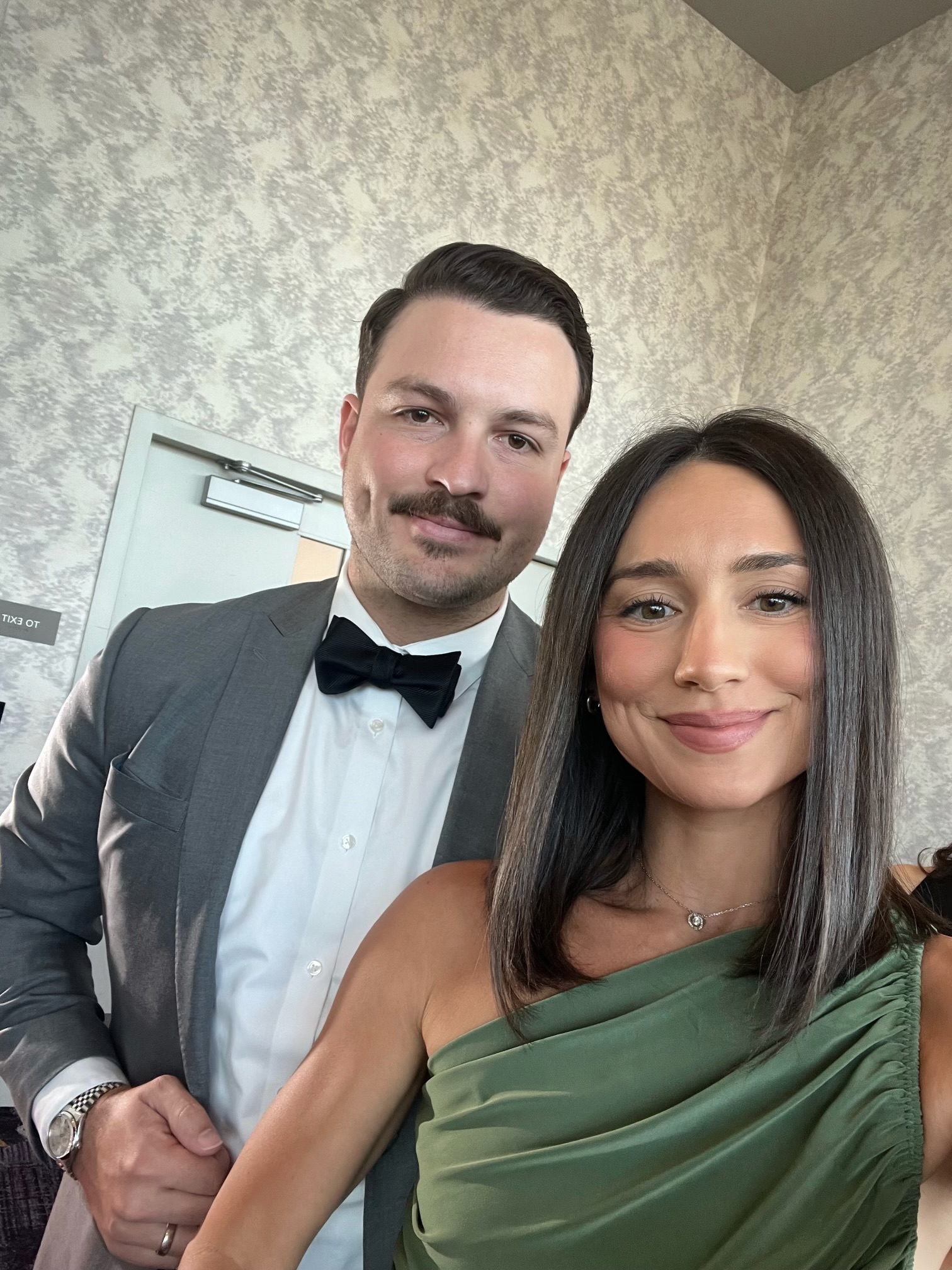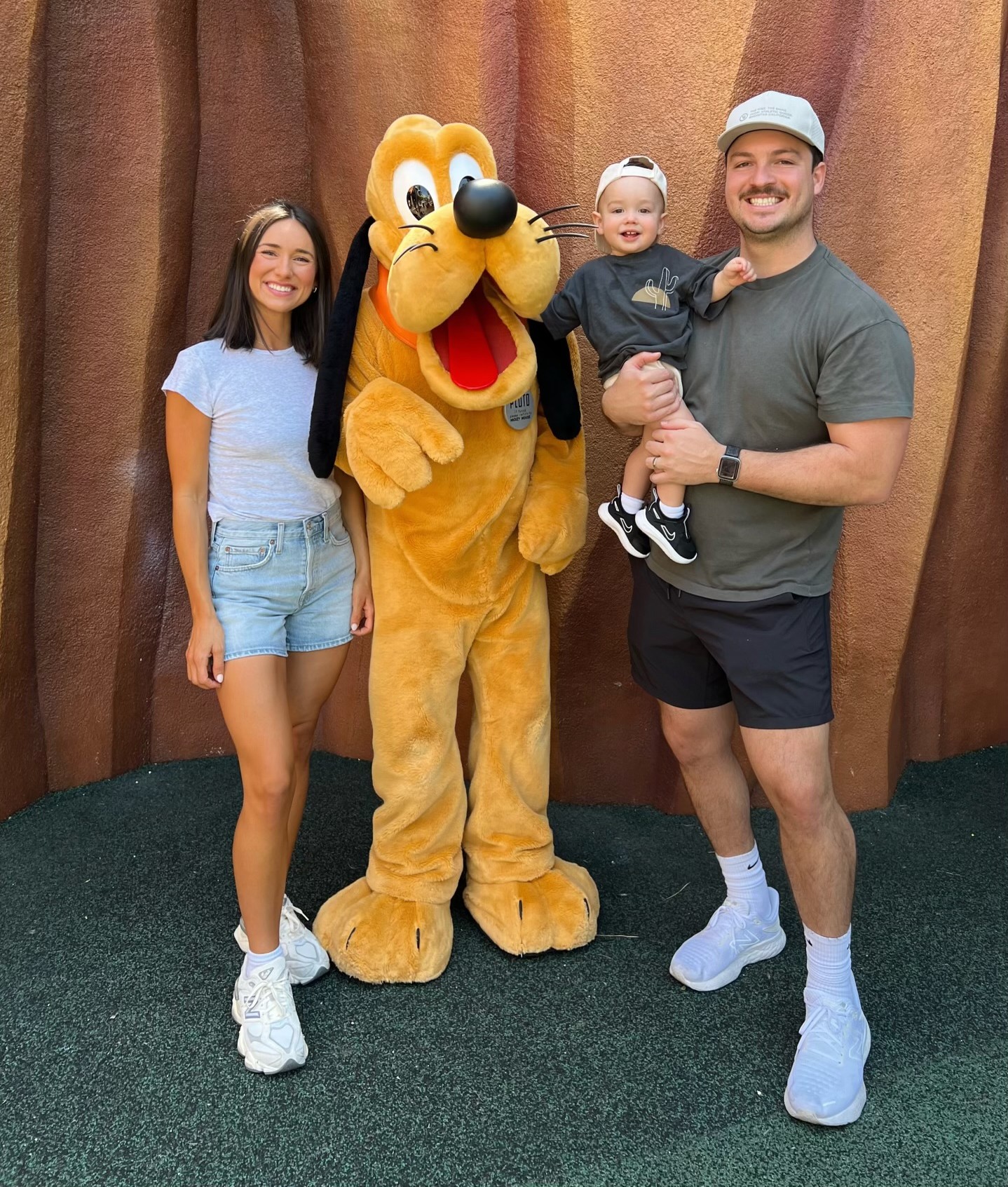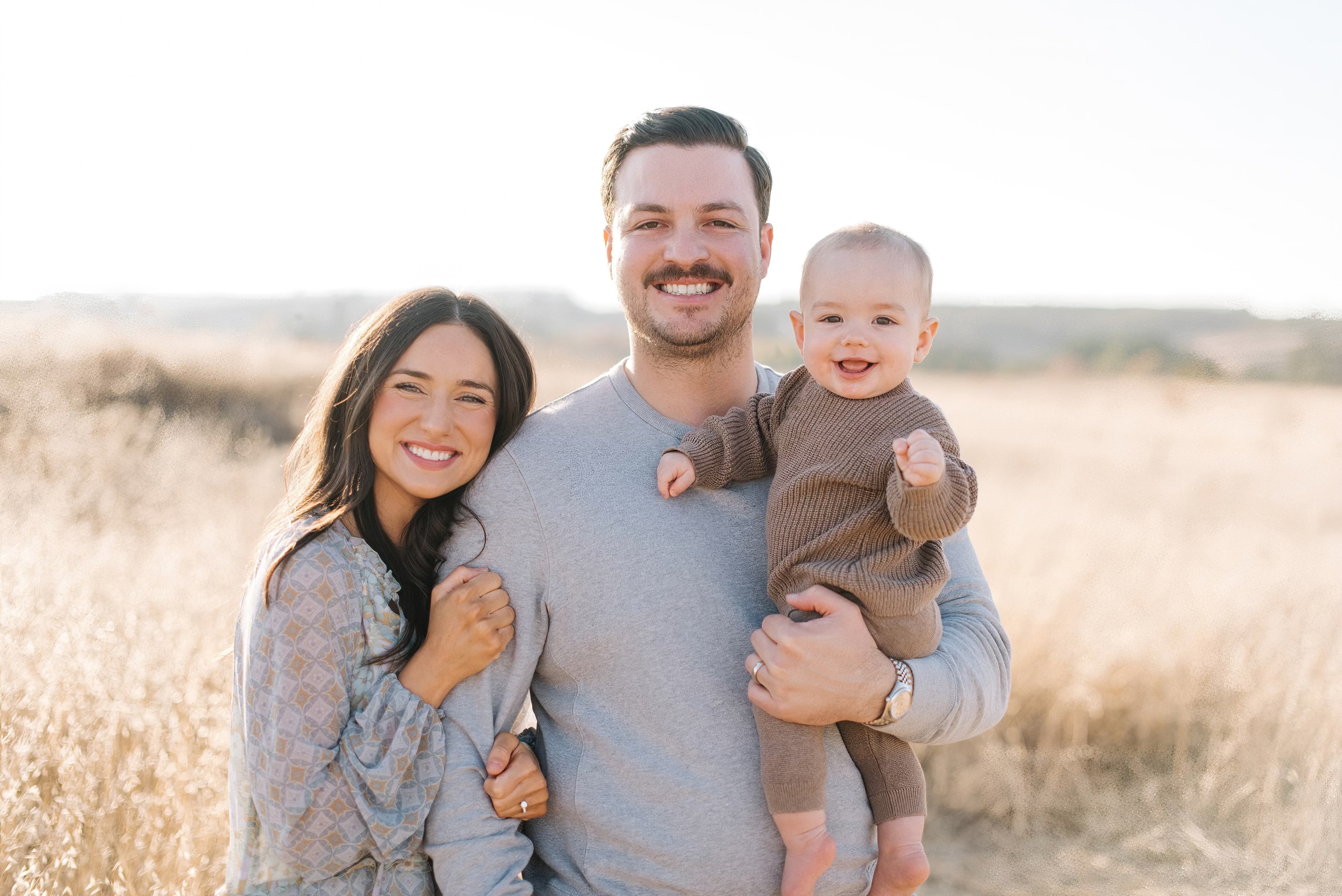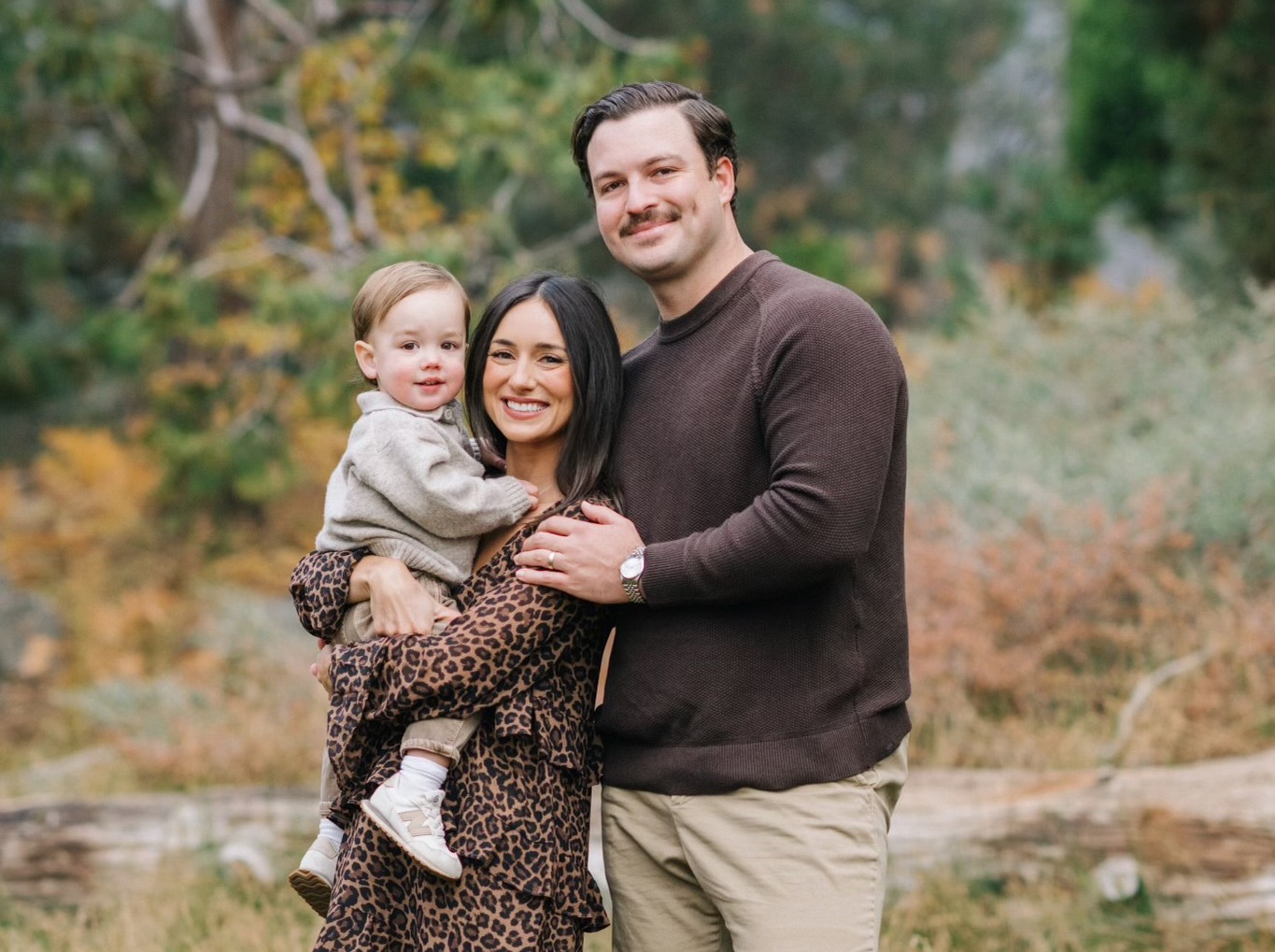Lifelong development of mental tenacity serves California attorney well
Articles
Spotlight
View more from News & Articles or Primerus Weekly
By Brian Cox
When Caz Ashjian was a teen, he spent several summers working for his father’s paving and grading business. Laying asphalt for driveways and parking lots in the glaring California sun was hot, exhausting work, but the experience taught him two important lessons.
The first was how to put in long hard hours, honing his work ethic. The second was that he didn’t want to handle a shovel on 300-degree asphalt in 100-degree weather for the rest of his life.
“My dad is the definition of resilience and the most mentally tough person I know,” says the Fresno attorney with the firm of Coleman & Horowitt, LLP. “He instilled in me that I should go to college and figure out how to make a living some other way.”
Ashjian adopted the attitude that even though he wasn’t sure what he wanted to do for a living, he was sure that if he worked hard and gave it his best effort, he would eventually figure it out.
Initially, he thought that dentistry might be his calling, but it took only a semester at the University of Utah for him to realize that he didn’t want to spend his days putting his hands in people’s mouths. When he returned to school after completing a two-year service mission for the Church of Jesus Christ of Latter-Day Saints, he switched his major to psychology.

On his mission to New York City, Ashjian became fluent in Spanish while helping people who had been affected by Hurricane Sandy, which had produced storm surges and flooding throughout New York and New Jersey. Ashjian says the experience heightened his appreciation for the importance of family and community.
After earning his degree, Ashjian began working for a tech company while he decided his next move. He considered either pursuing an advanced degree in psychology or going to law school. He took the GRE and was preparing to take the LSAT when he got into a fortuitous dispute over the rental agreement with his apartment complex.
Newly married, his wife, Hannah, had moved into his Salt Lake City apartment, and the complex claimed he had an unauthorized occupant living with him. Management required that he pay a fee of several hundred dollars to rewrite the lease or face eviction. To Ashjian, it seemed like a cash grab and he was determined to fight it. While he paid the fee to avoid eviction, he followed up by suing the real estate company in small claims court. Soon after the company’s CEO was served with a subpoena, a settlement was reached.
It was his first win.
“I took it as a sign that I should go to law school,” says Ashjian with a laugh.
With the country in the midst of the COVID-19 pandemic, Ashjian applied to a wide range of law schools, figuring rightly that the first year would be online. He accepted a generous, nonconditional scholarship to Michigan State University College of Law, and the following year, he and his wife packed up and moved to the Midwest.
In law school, Ashjian applied the mental focus and dedication he had learned from years of wrestling in high school. As a senior, he had placed in the top 12 in the state and he believed the axiom that “Once you wrestle in life, everything else is easy.”
“A lot of the time, preparation decides the outcome even before the match takes place. It’s not going to come down to luck,” says Ashjian. “If you put in the work, you’re going to put yourself in the best position to be successful.”
He’d never had to study as hard as he did in law school, and in response, he developed a different mental toughness.
He interned his first year for Utah Congressman Chris Stewart, working with constituent services and learning firsthand how a congressional office operates. Later, he interned with the International Rescue Committee, where he was able to use his Spanish language skills to help people gain U.S. citizenship or green cards.
Other internships included working at a civil law firm in Michigan that was involved in litigating the Flint water crisis and a summer with PowerSchool, a tech company that provides educational software to schools.
Ashjian’s wife became pregnant with their first child during his third year of law school, which prompted the couple’s decision after he graduated to return to Fresno where both had family.



Ashjian received an offer from Coleman & Horowitt in March 2023 and moved to Fresno that August to join the firm’s litigation and transactional department. Established in 1994, the firm has six offices around the state and represents businesses and their owners in matters involving transactions, litigation, agriculture and environmental regulation and litigation, intellectual property, real estate, estate planning, and probate.
“The firm is full of attorneys who are very experienced and approachable,” says Ashjian. “They are genuine and accessible, always welcoming when I drop by their office with questions.”
His practice concentrates on business, labor and employment, contracts, and construction, an area he has firsthand experience with from working for his father’s paving company for so many years.
As he develops a baseline of knowledge in his practice, Ashjian plans to look for niche areas in construction, farming, or labor and employment that he might focus on and specialize in as his career develops. Ashjian brings the same resilience and commitment to his practice that he did to his wrestling.
“I welcome constructive criticism because I am always looking to grow,” he says. “I think criticism is an essential tool for growth. My focus is on becoming a better attorney every day, and that keeps me open to learning.”